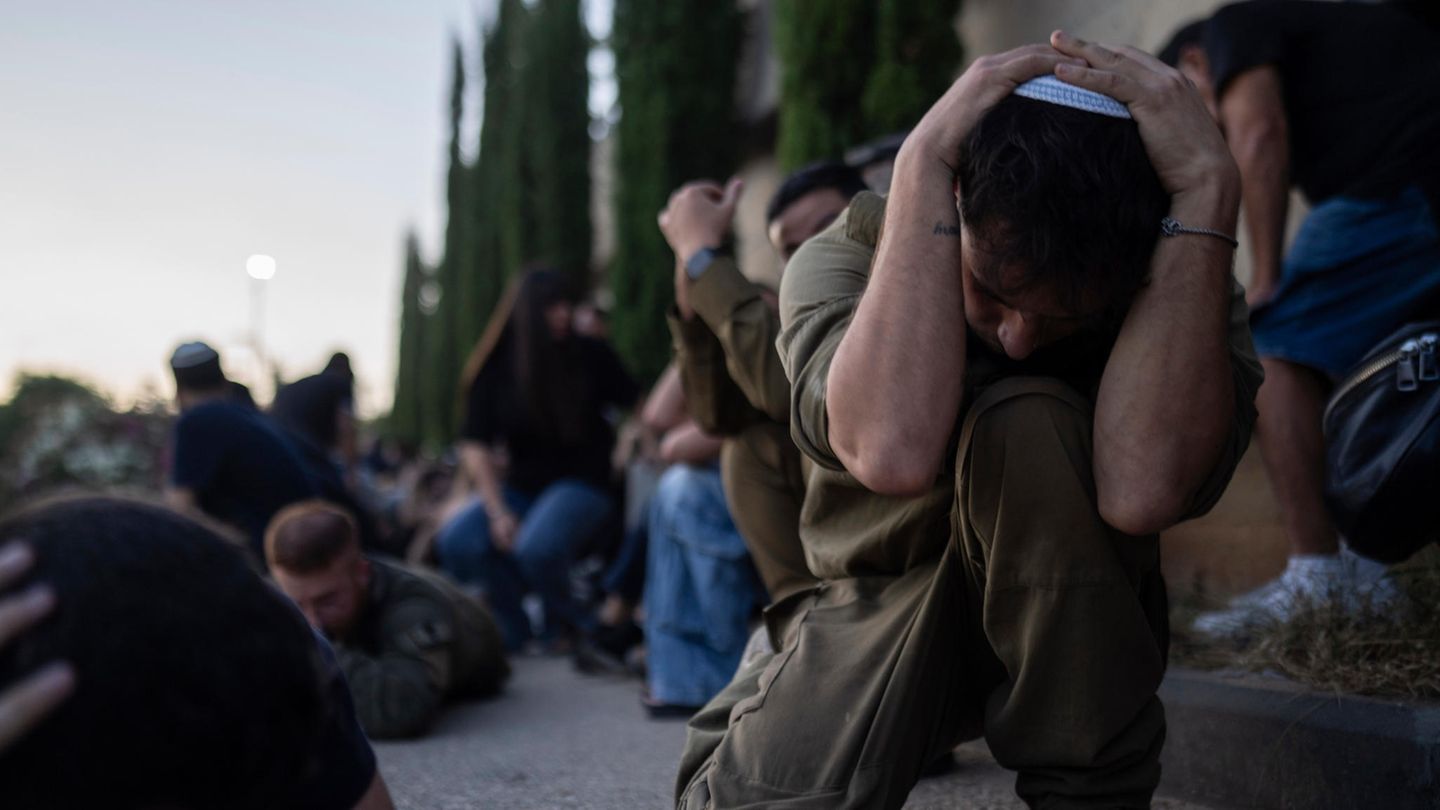I’m Caroline, a journalist and author for 24 Hours Worlds. I specialize in health-related news and stories, bringing real-world impact to readers across the globe. With my experience in journalism and writing in both print and online formats, I strive to provide reliable information that resonates with audiences from all walks of life.
Menu
Israel and its collective trauma
Categories
Most Read
Children with a cold: How many infections are normal for little ones?
October 18, 2025
No Comments
Cell Phone Regret: She grabs me and shakes me
October 17, 2025
No Comments
New column “The Feeling of the Week”. This time: cell phone regret
October 17, 2025
No Comments
Time change 2025: Expert explains in video why we are turning the clock
October 17, 2025
No Comments
Patches for frown lines: These products have an anti-aging effect
October 17, 2025
No Comments
Latest Posts

Finale in the trial of the teacher abused in Vienna
October 20, 2025
No Comments
One of the defendants on the way into the courtroom. The three main defendants are in custody. They were brought by the judicial guard into

Discounter: Aldi Süd eliminates its own meat from the lowest farming standards
October 20, 2025
No Comments
Discounter Aldi Süd cuts out its own meat from the lowest levels of farming Copy the current link Add to wishlist Beef, pork, chicken, turkey:

Car thefts in 2024: These models were the criminals’ favorites
October 20, 2025
No Comments
Vera StackI’m a recent graduate of the University of Missouri with a degree in journalism. I started working as a news reporter for 24 Hours
24 Hours Worlds is a comprehensive source of instant world current affairs, offering up-to-the-minute coverage of breaking news and events from around the globe. With a team of experienced journalists and experts on hand 24/7.

